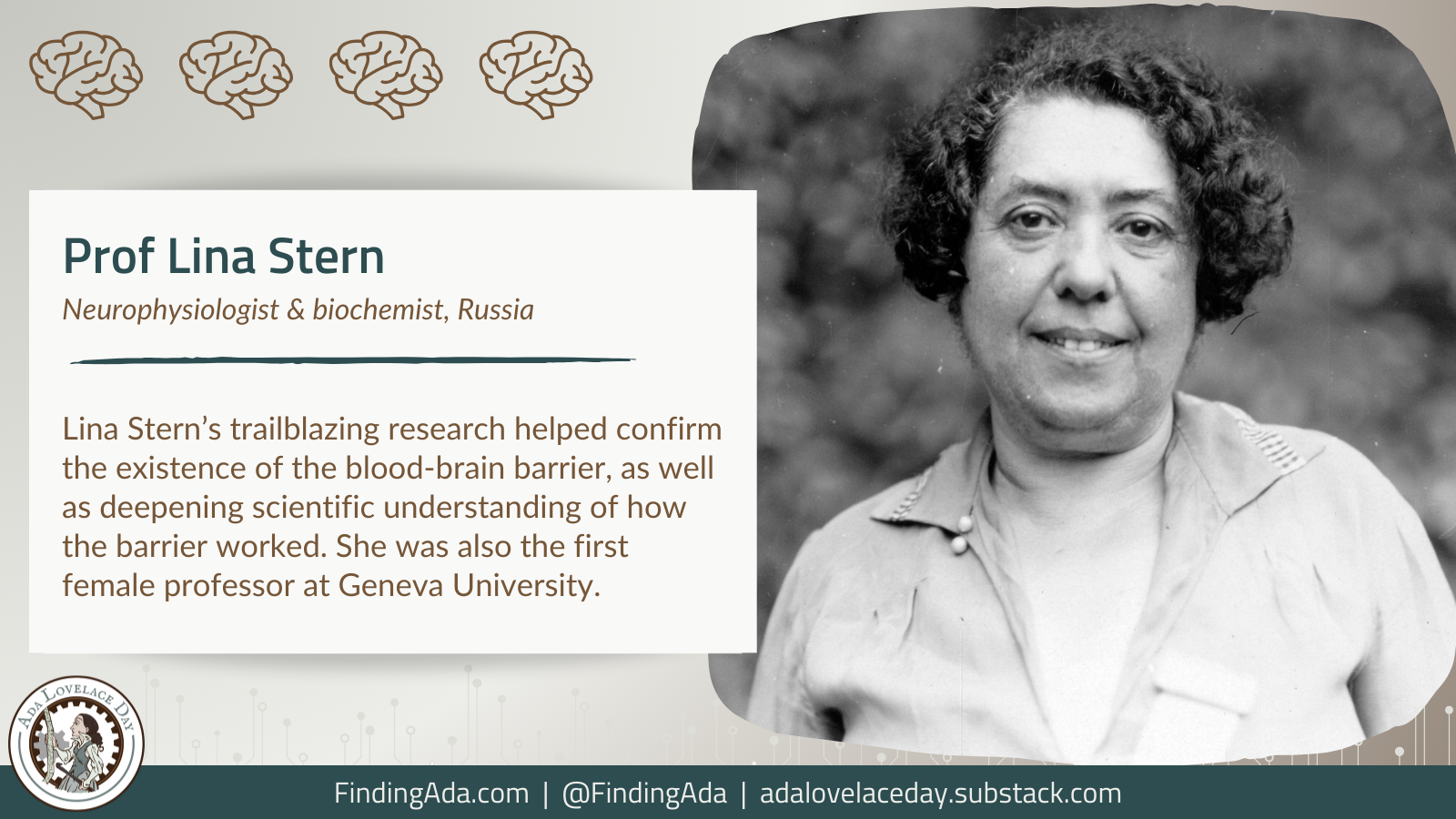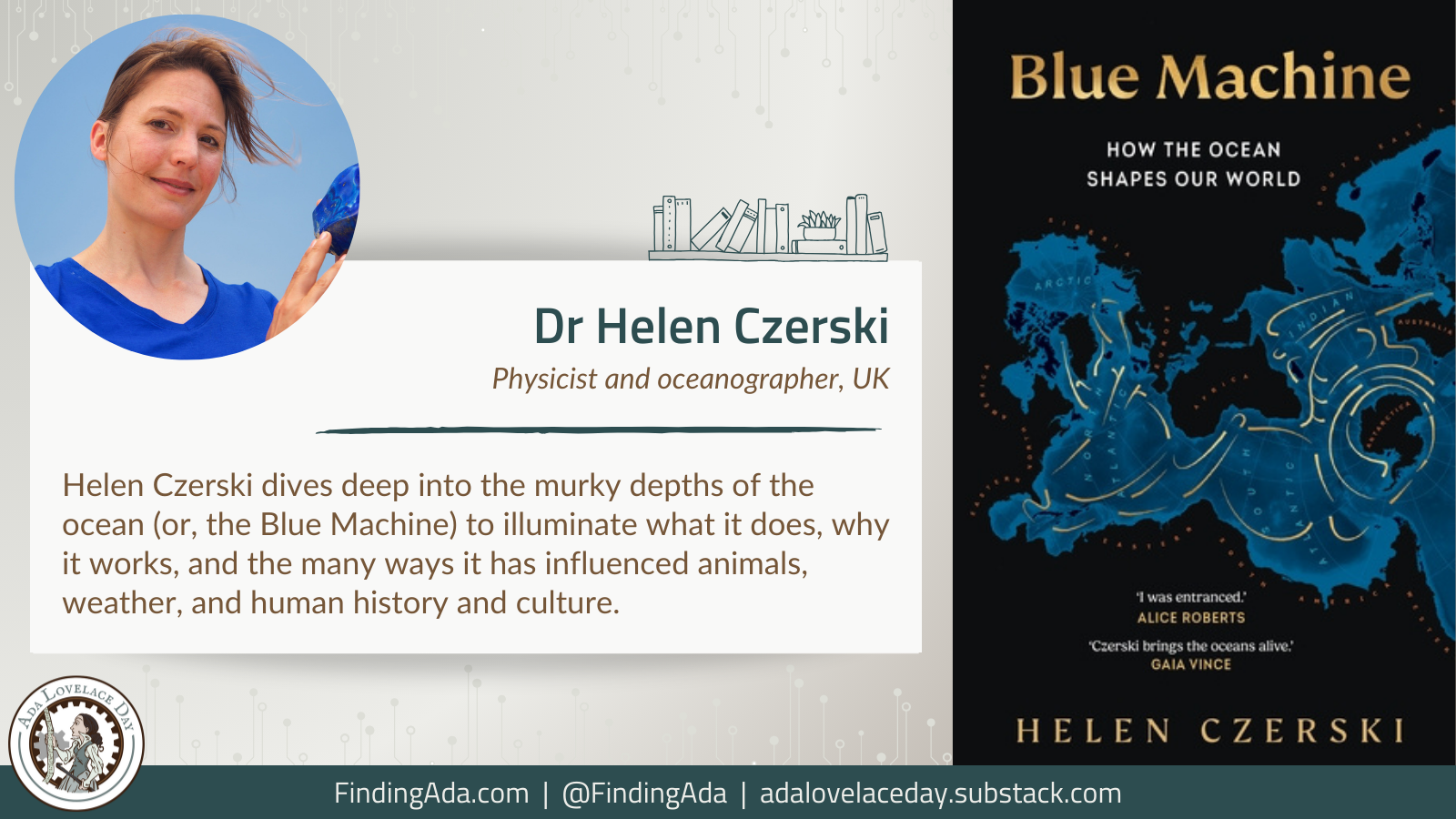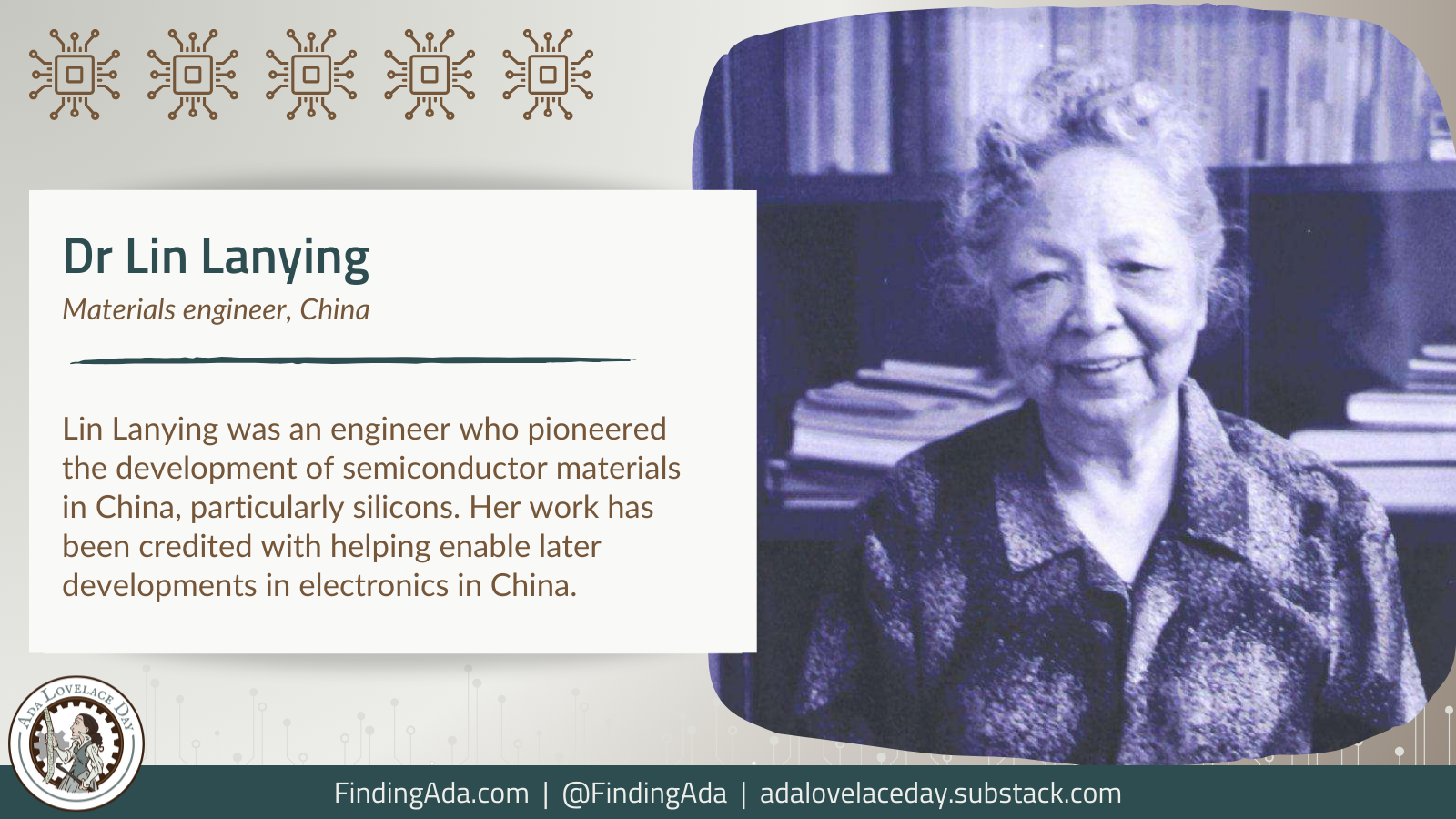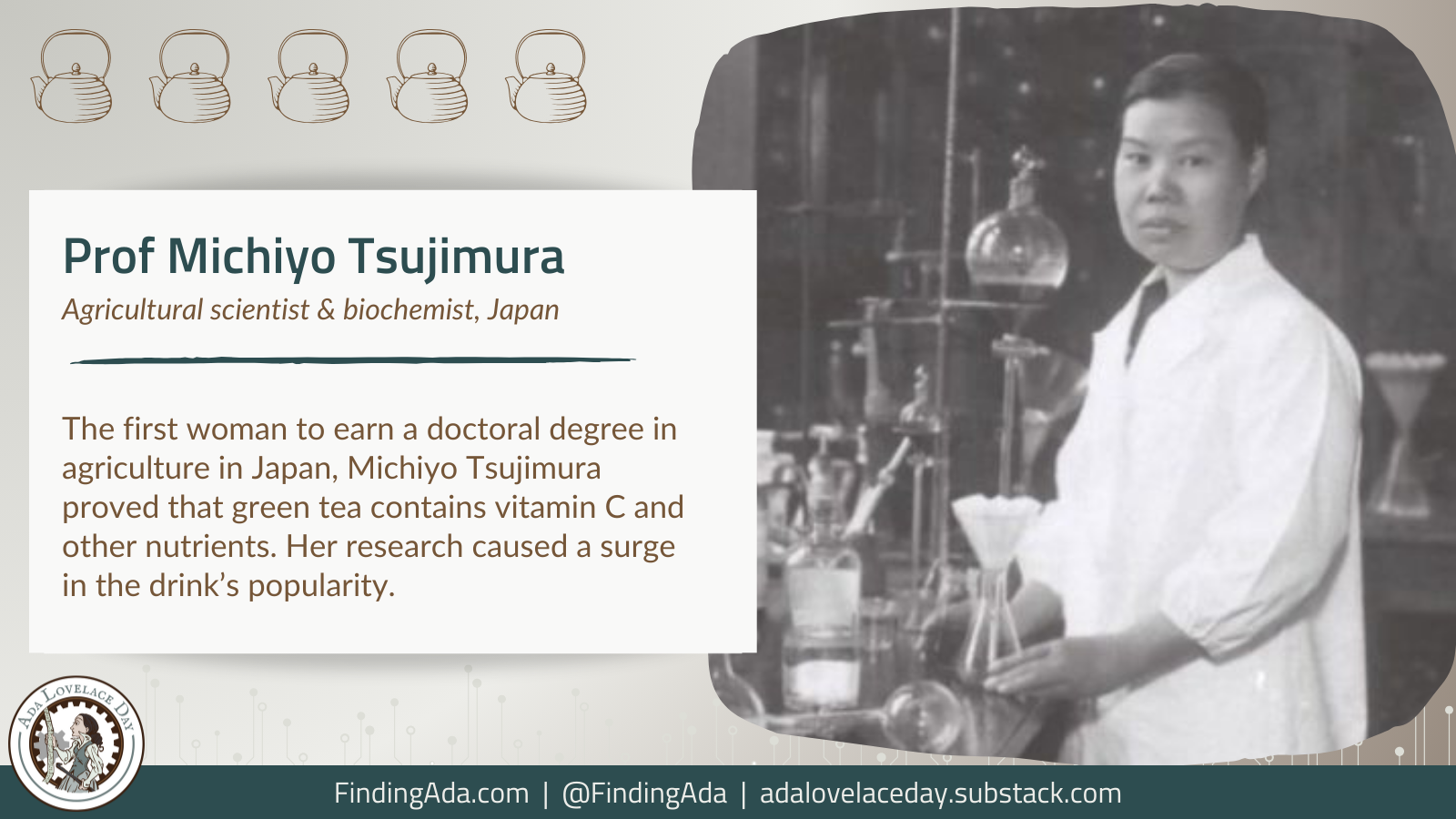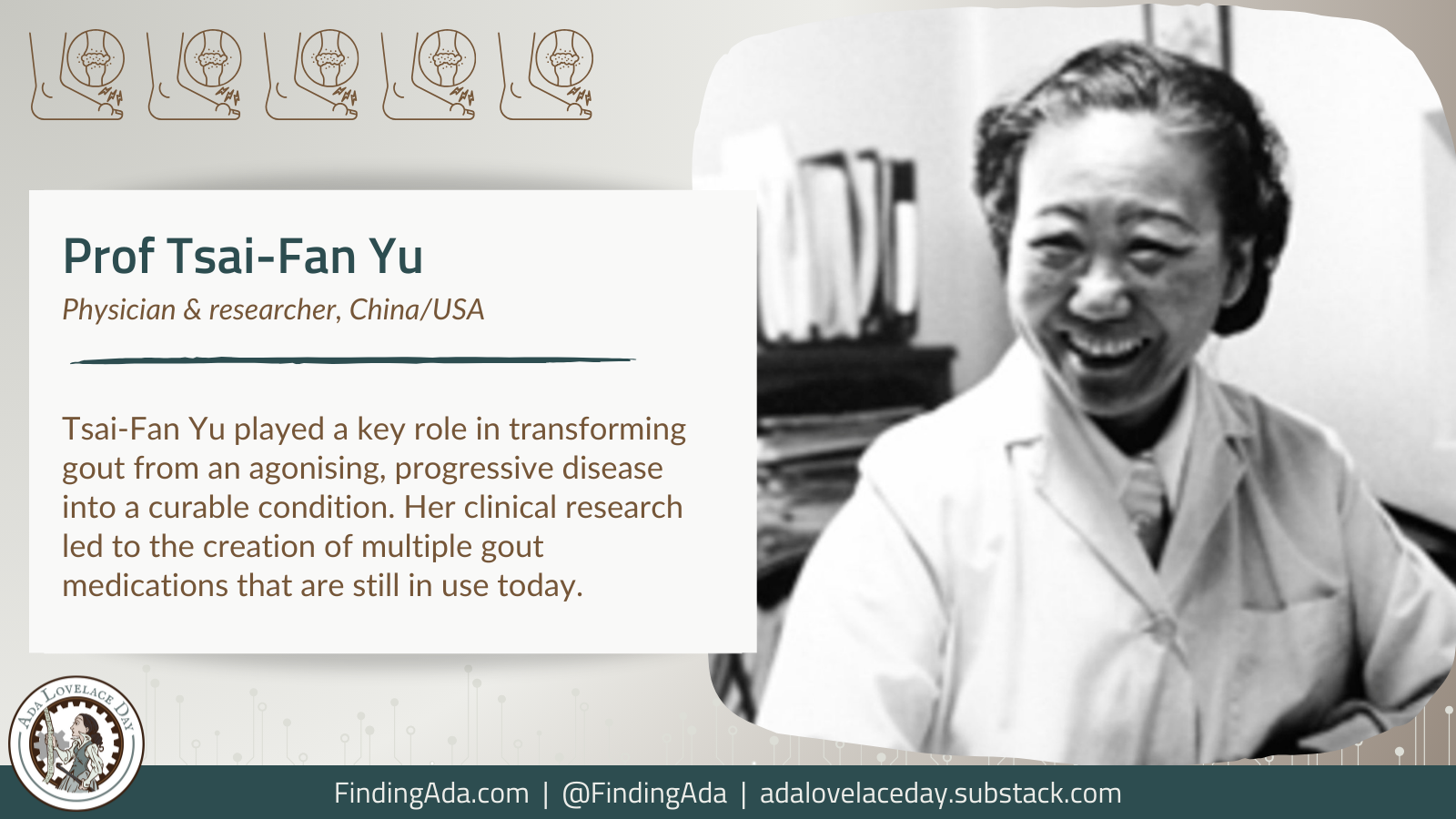
Professor Tsai-Fan Yu
Professor Tsai-Fan Yu, 郁采蘩, was a renowned Chinese-American medical doctor whose pioneering research helped make gout a curable disease. The first woman to be appointed full professor at the prestigious Mount Sinai Hospital in New York, she discovered medicines that are still used today to treat and prevent gout and kidney stones.
Yu was born in Shanghai in 1911 and attended Peking Union Medical College on a full scholarship, graduating with the highest honours on her medical degree in 1939. That year, she became the school’s chief resident in internal medicine, an unprecedented position for a woman at the time. She emigrated to New York in 1947, becoming a US citizen three years later.
Upon arriving in New York, Yu initially taught at the Columbia University College of Physicians and Surgeons. In 1957, she joined the staff faculty at Mount Sinai Hospital, where she would remain for the rest of her career.
It was at Mount Sinai that Yu began to focus her research on gout, a disease that causes sudden swelling and severe pain in the joints. Alongside her colleague Dr Alexander Gutman, she discovered that the pain experienced by gout patients is due to elevated levels of uric acid in the body. This in turn can solidify into sharp crystals around joints, causing arthritis. Yu also identified links between gout and other medical conditions such as hypertension and diabetes, and helped establish one of the first systematised lab tests for diagnosing rheumatoid arthritis.
Before Yu, gout had been considered a progressive, deforming disease that could only be managed with extreme dietary restrictions, surgery and even amputation. But from the gout clinic she co-founded at Mount Sinai, she built up a reputation for translating lab findings into real-world solutions. Her clinical studies in the 1950s and 1960s led to the development of many new gout medications including allopurinol, colchicine and probenecid, all of which are still used to treat and prevent the disease today.
In 1973, Yu became the first woman to be appointed as a full professor at Mount Sinai Hospital. She published more than 220 scientific journal articles before retiring in 1992, research that was continuously funded by the US National Institutes of Health (NIH) for 26 years. Overall, she is estimated to have worked with more than 4,000 patients suffering from gout.
However, Yu’s impact was not purely scientific. So beloved was she by her patients, they held annual “Gout Club” meetings in her honour. She lived until the age of 95, dying on 2 March 2007.
Yu’s awards included the Distinguished Career Achievement Award from the Mount Sinai Medical Center and the Master Award from the American Association of Rheumatology.
Further Reading
- Tsai-Fan Yu, Wikipedia
- Tsai-Fan Yu: physician and researcher who established modern gout management, Dr Nicola Dalbeth, Annals of the Rheumatic Diseases, 26 January 2023
- Tsai-Fan Yu, 95, Physician, Dies; Helped Alleviate Gout, Jeremy Pearce, The New York Times, 12 March 2007
- Tsai-Fan Yu Obituary, The New York Times, 8 March 2007 [accessed via legacy.com]
Written by Moya Crockett, with thanks to Stylist for their support.
